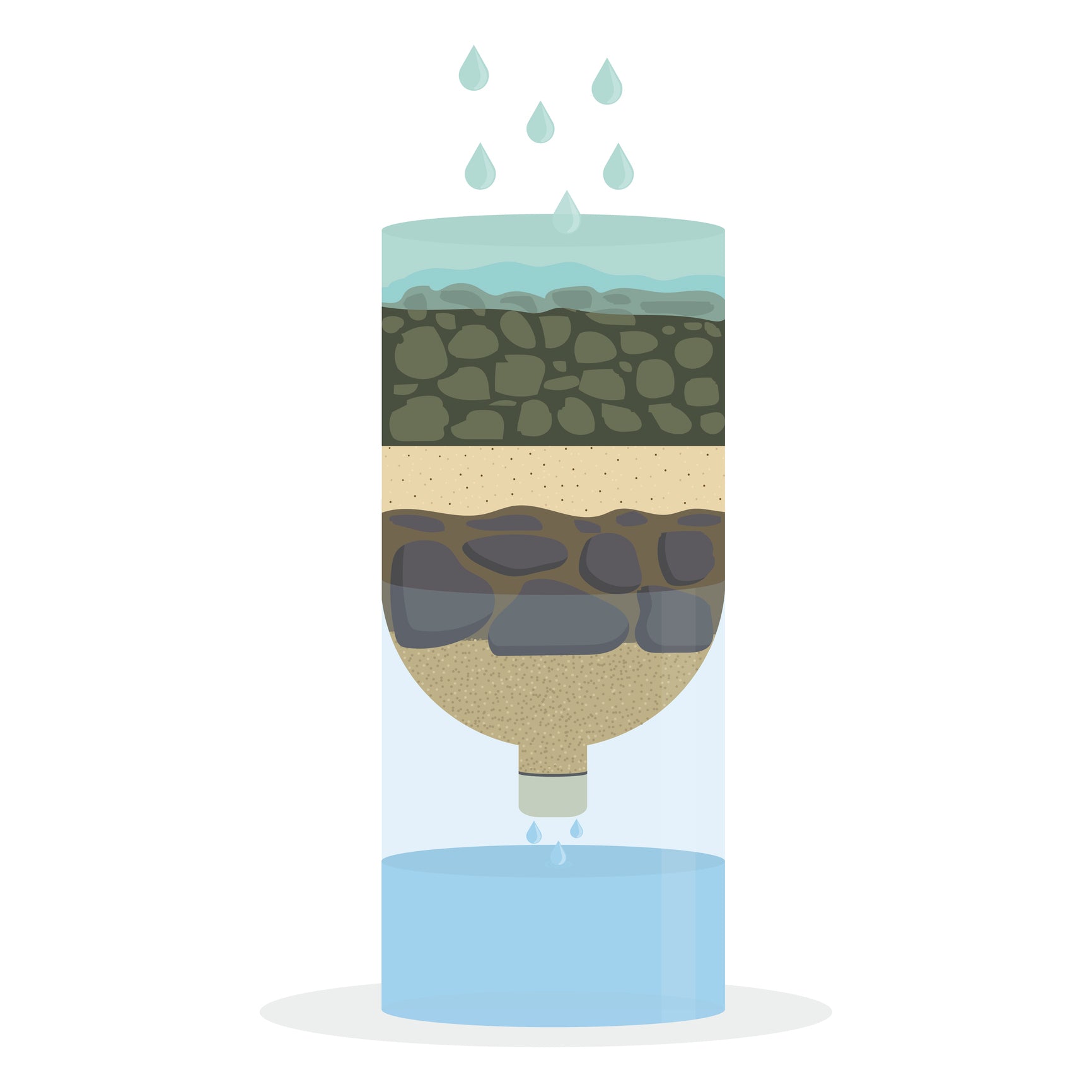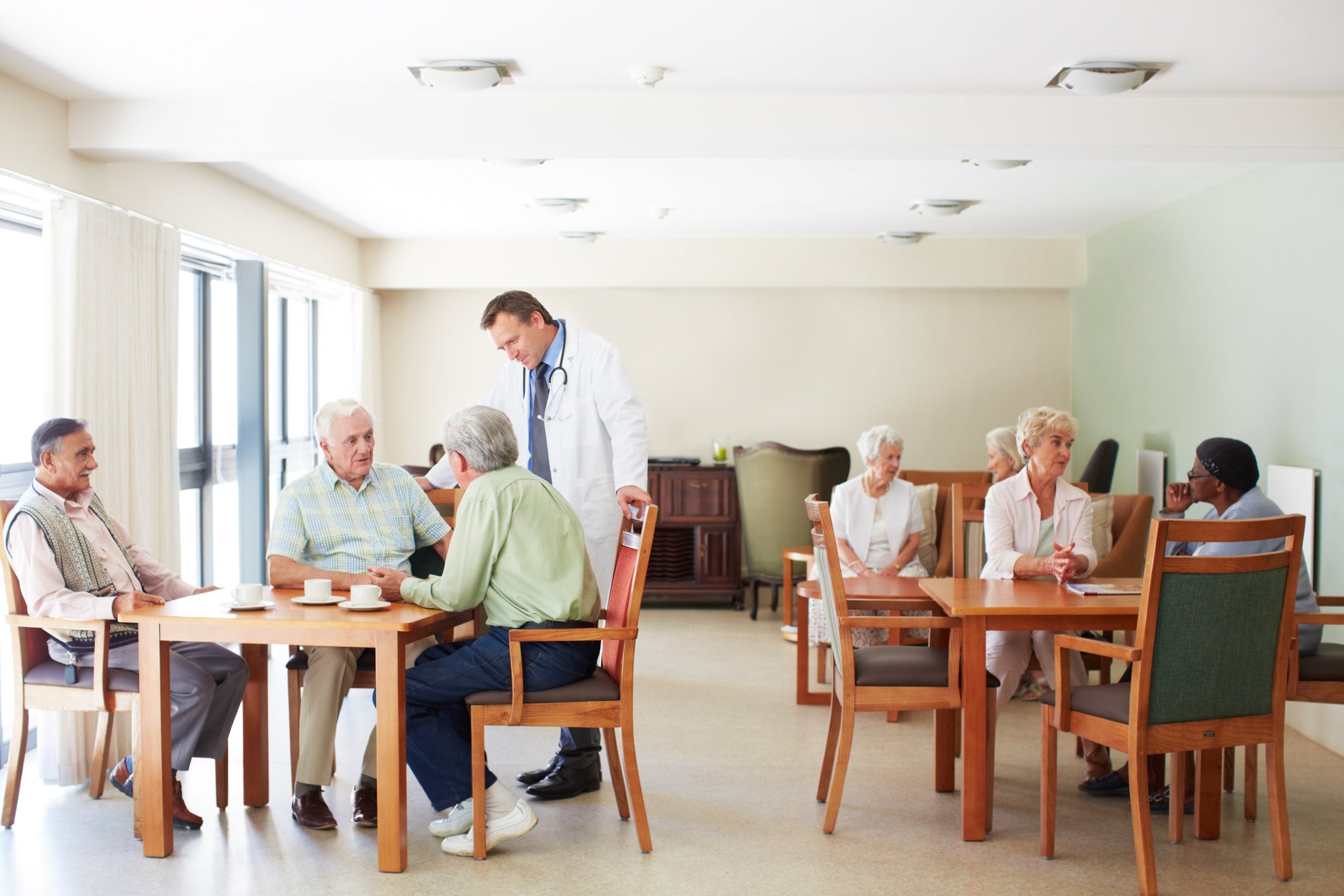What should I do if there is a power outage at home?
table of contents
1. How has life changed at home?
2. Recommended disaster goods
3. summary
1. Changes in life at home during a power outage
Reduced lighting and visibility
A power failure will turn off the lights in and around your home. Living and traveling in the dark can be difficult and pose a safety risk. Candles and flashlights can provide some lighting, but not enough brightness or visibility.
No use of electrical equipment
Power outages make home appliances and electrical equipment that depend on electricity unusable. Appliances that are essential to our daily lives, such as televisions, refrigerators, air conditioners, washing machines, and microwave ovens, will no longer be available.
Communication restrictions
A power outage will limit communication methods such as telephones, the Internet, and mobile phones. If landline or mobile data communication is not available, there will be restrictions on how we collect information and contact you. In addition, the batteries of mobile phones and smartphones can only be used for a limited time because they cannot be charged due to power outages.
Loss of heating/cooling
Power outages make cooling and heating unusable. Depending on the season and climatic conditions, the temperature in your living space may be outside your comfortable range. Especially in cold climates and areas under the scorching sun, it is necessary to regulate body temperature and take appropriate measures to keep warm.
Cooking and water restrictions
Power outages limit the availability of food preparation and water supplies as electrical cookware and pumps are unavailable. Since electric ranges, electric pots, water dispensers, etc. cannot be used, it is necessary to review cooking and water supply methods.
Restrictions on play and entertainment
A power outage will render entertainment equipment such as televisions, the Internet, and game consoles unusable. There may be restrictions on how you spend time with your family and at home.
2 . Introduction of recommended disaster goods
When lighting and visibility are reduced
flashlight
Get yourself a bright, long-lasting LED flashlight. Extra batteries and a rechargeable flashlight are also useful.
head lamp
Bring a headlamp to help you with work that requires your hands or when you're moving. It is convenient because you can use both hands.
battery powered lantern
Get a battery-operated lantern for long-lasting illumination. It would be nice if there was a brightness adjustment function.
candles and matches
Keep fire safe and have candles and matches ready for lighting. Take sufficient safety measures and use it.
safety candle
Get a safe long-burning candle. Use a suitable candle holder or stable surface.
When electrical equipment becomes unusable
battery powered radio
Have an AM/FM radio ready. It is convenient to have a battery-powered one or a solar panel that can be charged. You can receive disaster information and emergency announcements.
portable charger
Get a portable charger that can charge your smartphone or mobile phone. If you choose a battery with a large capacity, you can charge it multiple times.
hand crank charger
Get a hand-crank charger that you can charge manually even if there is no power supply. It can be used to charge small electronic devices such as mobile phones and radios.
portable power
If you need long-term power supply, prepare a portable power supply. A battery with a large capacity or one that can be charged with a solar panel is recommended.
battery powered fan
A battery-powered fan will keep you comfortable in the event of a power outage during hot weather. One that consumes less power and one that can be powered by USB is convenient.
gas stove or barbecue grill
Have a gas stove or barbecue grill ready in case electricity is not available. It's useful for cooking and serving hot drinks, but be careful when using it.
cooler box
Get a cooler to keep food and drinks cool even when there is no power supply. You can use ice or a freezing agent to keep the refrigeration effect.
When communication is restricted
battery powered radio
Have an AM/FM radio ready. It is possible to collect information and receive emergency broadcasts even during a power outage.
emergency contact list
In the event of a disaster, telephones and the Internet may not be available. Make a list of emergency contact methods and ensure that you have a way to contact your family and neighbors.
When heating/cooling is disabled
non-electric appliance for heating
Prepare heating appliances that do not require electricity, such as candles, gas stoves, and kerosene stoves. Use it while taking sufficient safety measures to keep the room warm.
cold weather supplies
Prepare cold weather items such as blankets, blankets to wear, and thick clothing. important to keep warm.
cooling supplies
Prepare items to cool your body, such as hand fans, cooling sheets, and ice packs. Ensures comfort in hot environments.
Proper window opening and closing
Adjust the opening and closing of the windows according to the outside temperature and wind direction. In cold regions, it is effective to close the windows to increase insulation, and in hot regions, to open the windows to ensure ventilation.
spare battery powered fan
Get a battery-operated fan that you can use in situations where there is no electricity. Helps keep you comfortable in hot weather.
Insulated bag
Get a cooler bag to keep your food and medicines refrigerated. Use ice or cryogen to maintain cooling effect.
breathable clothing
Wear breathable clothing in hot weather. Even if you sweat, you can easily regulate your body temperature.
proper shade
Use appropriate shades (curtains, blinds, shade sheets, etc.) to block direct sunlight from outside. It suppresses the temperature rise in the room.
When cooking or water supply is restricted
gas stove or barbecue grill
Have a gas stove or barbecue grill ready in case power is not available. Helpful for cooking and securing boiling water. Be safe when using.
portable cassette stove
Get a portable cassette stove that is compact and easy to handle. It can be used to boil water in an emergency or to cook simple meals.
Emergency food
Stockpile emergency food that can be stored for a long time. Choose easy-to-eat or nutritious foods, such as canned or dried foods and nutrition bars. The point is to stockpile food that you have eaten once and that you feel is delicious.
preserved food
Stock up on food that can be stored for long periods of time without electricity. Dry grains and vegetables, canned foods, pasta and rice are suitable.
water jug
If you have water restrictions, prepare a large-capacity water jug. Secure clean water and use it for drinking and cooking. Change the water regularly and keep it clean.
Water purifier or water purification tablet
Have a water filter or water filter tablet ready in case your water source is limited. You can purify the water source from outside and make it drinking water.
stockpile of drinking water
Stockpile drinking water that you can keep on hand. Prepare bottled water or water in plastic bottles and keep it clean. Depending on the manufacturer, some water can be stored for 10 years or more.
flint or lighter
Have a flint or lighter to start a fire to help with cooking and getting boiling water. It can be used to ignite gas stoves, barbecue grills, etc.
Restrictions on play or entertainment
playing cards or card games
Playing cards and card games are easy to enjoy. You can enjoy spending time with your family and friends.
Board game
Board games are long-lasting pastimes. Play Monopoly, Shogi, Chess, and more with your family and friends.
puzzle
Jigsaw puzzles, crossword puzzles, and other puzzles that require concentration to solve can be a fun way to pass the time.
books and magazines
Reading becomes one of the pastimes during power outages. Enjoy reading your favorite books and magazines that you have prepared.
board game and card game apps
If you install a board game or card game app on your smartphone or tablet, you can enjoy it even without electricity.
handcrafts and handicrafts
Handmade crafts and crafts can inspire your creativity and make your time more enjoyable. Try something you love, such as knitting, embroidery, or making beaded accessories.
instrument
Playing musical instruments relaxes the mind and brings enjoyment. Try playing an instrument that does not require power, such as an acoustic instrument, during a power outage.
writing diaries and letters
Taking the time to write down your thoughts and experiences in a journal or letter is also a good pastime. Organize your thoughts and record your memories.
3. summary
First, stay calm, assess the situation, and act without confusion to take necessary measures.
Prepare emergency lighting equipment such as flashlights and lanterns in case of reduced lighting or visibility. Also, be especially careful in dark places, as the risk of falling and injury increases.
Stock up on drinking water and emergency food. Since power outages may limit water supply and cooking, it is important to stockpile food and drinking water.
Prepare disaster goods and supplies. Emergency supplies and preparations that can help you during a power outage can help you maintain your life and ensure your comfort.
Open and close windows appropriately. Open and close windows according to the outside temperature and wind direction to regulate the temperature and ventilation in the room.
If you are using a medical device that requires power, it is important to have a backup power supply or emergency battery ready in advance.
In preparation for communication restrictions, prepare communication methods such as radios and portable chargers. Required to receive disaster information and emergency communications.
Make sure your family and neighbors are safe. Coordination with neighbors is important during a power outage. Check each other's safety and those who need help, and take appropriate action if needed.














